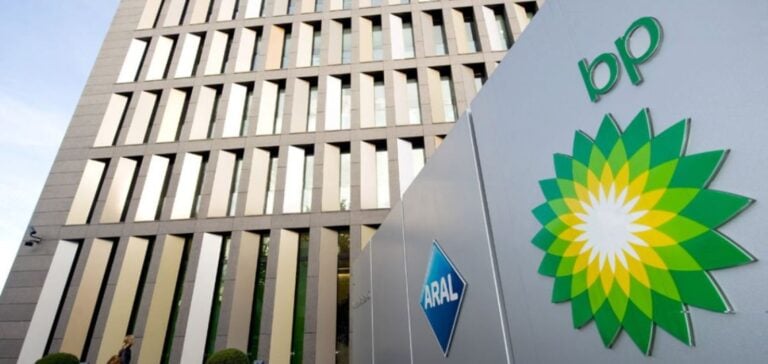BP forecasts that first-quarter hydrocarbon production will outperform the previous quarter, with notable gains in oil production and a slight increase in gas and low-carbon energy. Gas sales should remain strong, underpinning the good result already achieved in the fourth quarter of 2023. At the same time, BP’s oil sales recovered from a weaker end to 2023, signalling a potential turnaround in this segment.
Economic context
Although production is up, BP warned that revenues per hydrocarbon volume could negatively impact its results, partly due to an average decline in oil prices compared with the previous quarter. This underlines the continuing challenges in the context of fluctuating prices on the global oil market.
Market impact and financial reactions
The market reaction to these announcements was positive, with BP’s share price rising by 1.47% to 517.50 pence around 10:40 GMT on the London Stock Exchange. According to Victoria Scholar, analyst at interactive investor, “BP looks set to post another strong quarterly result,” supported by a general upward trend in oil prices due to geopolitical supply shocks and improved global demand.
Competitor comparison
In comparison, Shell reported solid but significantly lower gas sales and margin expectations for the same quarter, illustrating divergent performances among the market leaders. This dynamic highlights the varied challenges and strategies within the oil and gas industry.
Geopolitical consequences and outlook
Tensions in the Middle East, notably the announcement of an offensive on Rafah by Israeli Prime Minister Benjamin Netanyahu, also influenced oil prices, with North Sea Brent crude trading above $90 a barrel on Tuesday. These geopolitical factors continue to play a crucial role in determining world oil prices, directly affecting the strategies of major energy companies.
BP is poised for a robust start to the year despite the challenges posed by a fluctuating price environment and geopolitical tensions. The company continues to navigate a complex landscape, adjusting its operations to maximize returns while adapting its strategies to global market dynamics.






















